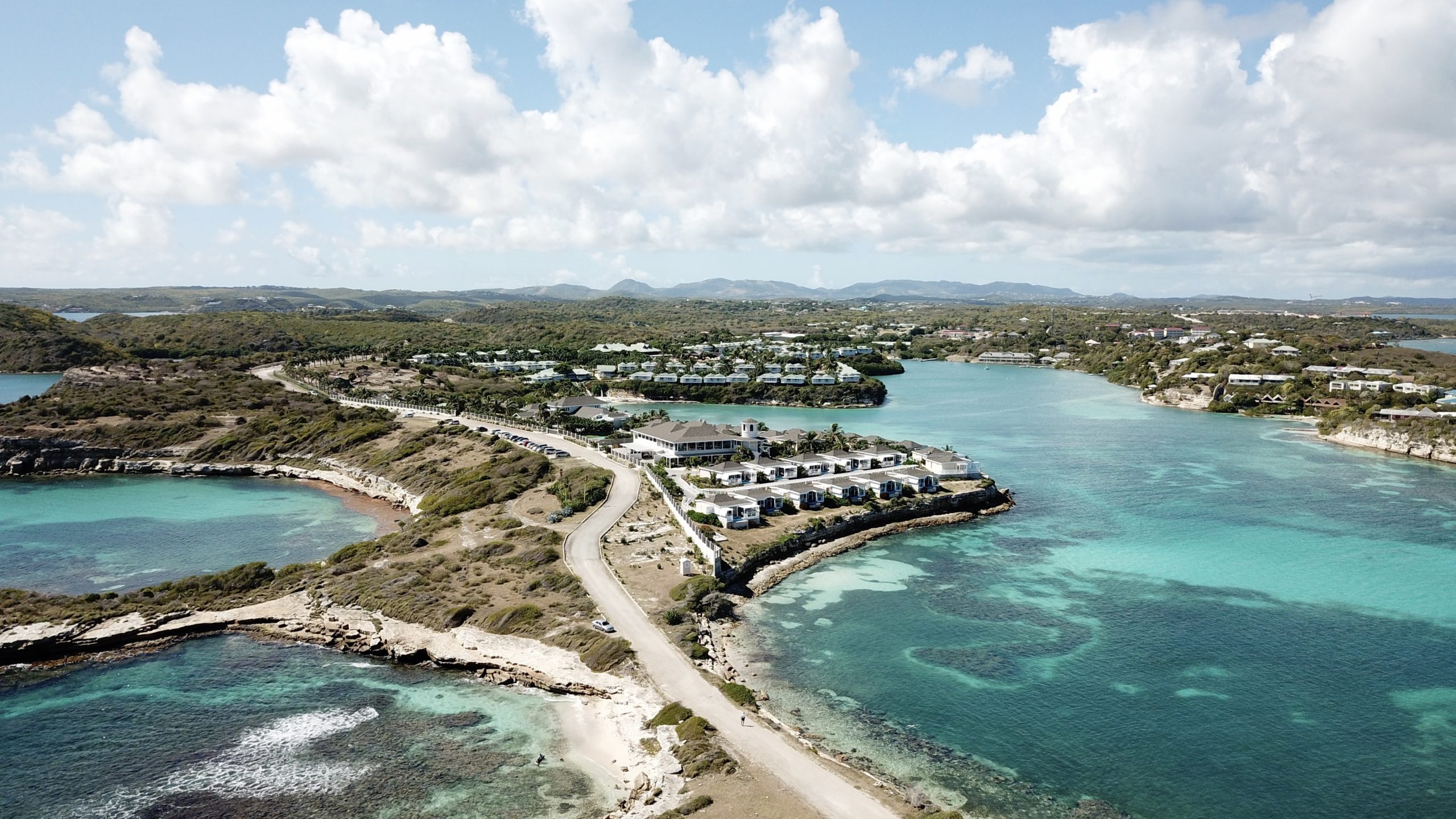Brief History of Antigua and Barbuda and its Tax System
Antigua and Barbuda is a small island nation located in the Caribbean Sea. The country consists of two main islands, Antigua and Barbuda, and several smaller islands. It has a population of approximately 98,000 people and is known for its beautiful beaches and warm climate. The official language is English, and the capital city is St. John’s.
Brief History of Antigua and Barbuda
Antigua and Barbuda were originally inhabited by Amerindian tribes. Christopher Columbus was the first European to discover the islands in 1493, and they were later colonized by the British in the early 17th century. It gained independence from Britain in 1981 and are now members of the Commonwealth of Nations.
Antigua and Barbuda: Personal Income Tax
Antigua and Barbuda has a progressive tax system, meaning that higher-income individuals pay a higher percentage of their income in taxes. The personal income tax rates range from 0% to 25%, with the highest rate applying to those earning over EC$100,000 (Eastern Caribbean dollars) annually.
The government also imposes a social security tax on employed individuals, which is set at a rate of 5% of gross income. Self-employed individuals are required to pay both the employee and employer portions of the tax, which total 10% of their gross income.
Corporate Taxes
Antigua and Barbuda has a flat corporate income tax rate of 25% for both local and foreign companies. In addition, a withholding tax of 25% is imposed on payments made to non-residents for services performed in the islands. However, certain industries, such as tourism and renewable energy, may be eligible for tax incentives.
Value Added Tax
Value Added Tax (VAT) are imposed on goods and services sold in the country. The standard VAT rate is 15%, with a reduced rate of 8.5% applying to certain goods and services, such as tourism-related activities and basic food items.
Property Taxes
Property taxes in Antigua and Barbuda are levied at a rate of 0.25% of the market value of the property. The government also imposes a land development tax, which is set at a rate of 10% of the market value of the land.
Antigua and Barbuda: Tax Administration
The Inland Revenue Department (IRD) is responsible for administering tax law. The department is responsible for collecting taxes, enforcing tax laws, and providing guidance to taxpayers. Non-compliance with tax laws can result in fines and penalties.
Tax Incentives
It offers a range of tax incentives to both local and foreign investors. These incentives are aimed at promoting economic growth and development in the country. Tax incentives may include exemptions from import duties and tax holidays for eligible industries.
Conclusion
In conclusion, Antigua and Barbuda has a relatively simple tax system that consists of personal income tax, corporate tax, VAT, and property tax. The country also offers tax incentives to promote investment and economic growth. The Inland Revenue Department is responsible for administering tax laws and ensuring compliance.
Related posts:
- Introduction to Albania’s Tax System
- Introduction to Angola: Taxes, Structure and History
- Introduction to German Taxes
- Introduction to Andorra, its History and Taxes.
- Introduction to Czech Republic Taxes
- Tax in Algeria: Introductory Guide
- CEDA: Crypto and Economic Development Authority
- Gambling Laws in The United Kingdom
- Gambling Law in the Czech Republic
- Promoting Your Business on ASmallWorld Social Network

